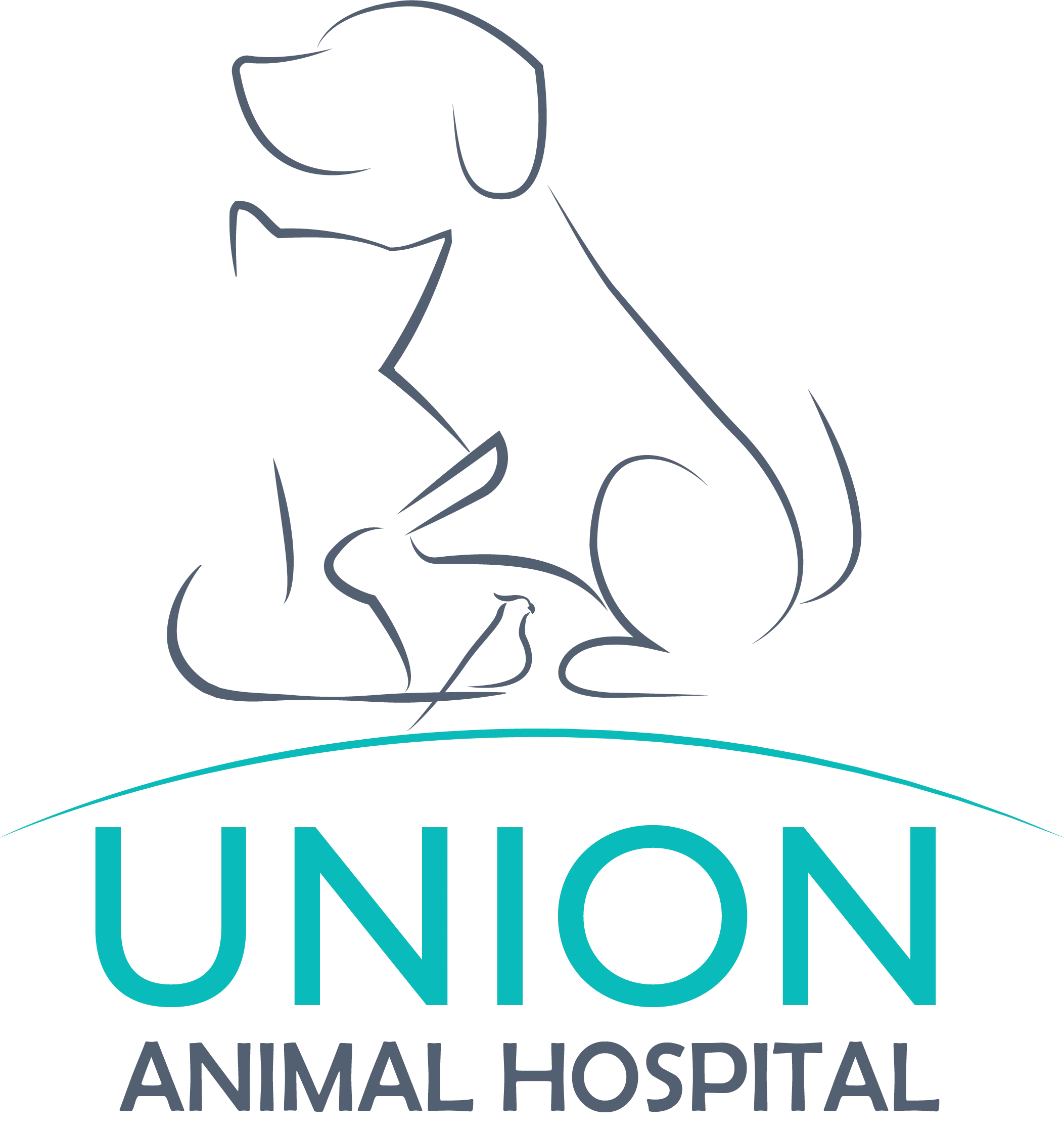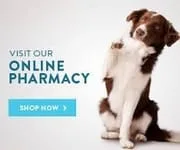
How to Reduce Excessive Dog Shedding
Hair seems to collect everywhere when you share your home with a dog. Fortunately, keeping shedding under control can be as simple as following these tips.
Talk to Your Veterinarian
Excessive shedding can be a symptom of an underlying health problem, like an allergy, infection, immune disease, or kidney, liver, or thyroid problem. Some dogs lose more hair than usual if they're stressed or are experiencing side effects from medications. If you notice a dramatic increase in shedding, it's time to schedule a visit with the veterinarian.
Your pet's veterinarian may perform a few tests to help him or her determine the source of the problem. If a health condition is to blame for the shedding, the treatments your pet's veterinarian offers will improve your dog's health and reduce shedding.
Keep Allergies Under Control
Excessive shedding can be a sign that your furry friend has an allergy. Food, flea, or seasonal allergies can trigger hair loss or excessive shedding. Allergy symptoms may include red skin, itching, hives, vomiting, or diarrhea. Your dog may lick or bite the skin as it tries to control the itching. Unfortunately, licking or biting can cause bald or hot spots.
Topical flea medication applied monthly kills fleas and prevents future flea infestations. If a seasonal allergy is the problem, remove allergens by wiping down your dog's fur before it comes inside. Frequent vacuuming and mopping also reduce allergens in your home and can ease your pet's symptoms. Allergy medication may be an option if your pet has severe allergy symptoms.
If food allergies could be causing hair loss, an elimination diet may be helpful. Elimination diets involve feeding your dog a bland diet and gradually adding ingredients that could cause allergy symptoms. The diet helps you and your pet's veterinarian determine which ingredient causes your pet's symptoms. If your dog does have a food allergy, the veterinarian can suggest a few food options that reduce allergy symptoms.
Brush More Often
Excessive shedding in the spring and fall can occur as your dog prepares for a change in the weather. Brushing your pet more often will keep its hair corralled in one place and prevent floating fur balls from taking over your home. Brushing removes stray hairs and evenly distributes oils that keep the skin soft and comfortable. During times of excessive shedding, brushing your dog three to seven days per week may be helpful.
It's easier to get rid of the loose hairs in your dog's coat by first brushing in the opposite direction in which the hair grows. After you've removed stray hairs, brush in the direction the hairs grow.
The American Kennel Club recommends using a natural bristle brush or bristled grooming glove for dogs with short coats. Grooming a dog with a long or double coat requires a slightly different approach. A standard brush may not reach the underlayers of your pet's coat. Slicker brushes are the best option in that case, according to the AKC. These brushes consist of thin wire pins attached to a flat or curved base. Slicker brushes remove loose hair and are also helpful in smoothing tangled hair and removing mats.
Make Regular Baths a Priority
Bathing removes loose hair, allergens, odors, dirt, and debris from your pet's coat. During heavy shedding, you may want to bathe your pet twice a month, instead of every one to three months. Bathing too frequently can dry out your pet's skin and should be avoided. Be sure to use gentle shampoos that won't irritate your dog's skin.
Focus on a Healthy Diet
Nutritious food and access to fresh water help your pet stay healthy and keep its coat in good condition. Avoid foods that rely heavily on fillers. Proteins, like fish, poultry, lamb, or beef should be among the first few ingredients listed on the pet food label, not fillers, like corn, wheat, soy, beet pulp, and bone meal. Fillers may fill your pet up, but won't provide the nutrients and minerals your dog needs for good health.
Supplements like fish oil or Omega fatty acids could also offer a solution. These supplements may help reduce shedding while improving your pet's coat.
Is your dog shedding more than usual? We can help. Contact our office to make an appointment for your furry friend.
Sources:
American Kennel Club: Dog Shedding: What to Expect and How to Manage It, 11/9/2023
https://www.akc.org/expert-advice/health/dog-shedding-what-to-expect-and-how-to-manage-it/
Texas A&M University Veterinary Medicine & Biomedical Sciences: Brushing Up for Shedding Season, 12/8/2022
https://vetmed.tamu.edu/news/pet-talk/reduce-dog-shedding/
Daily Paws: Why Dogs Shed and How You Can Control It, 6/10/2022
https://www.dailypaws.com/dogs-puppies/dog-grooming/dog-shedding
WebMD: Dog Shedding, 7/11/2023



